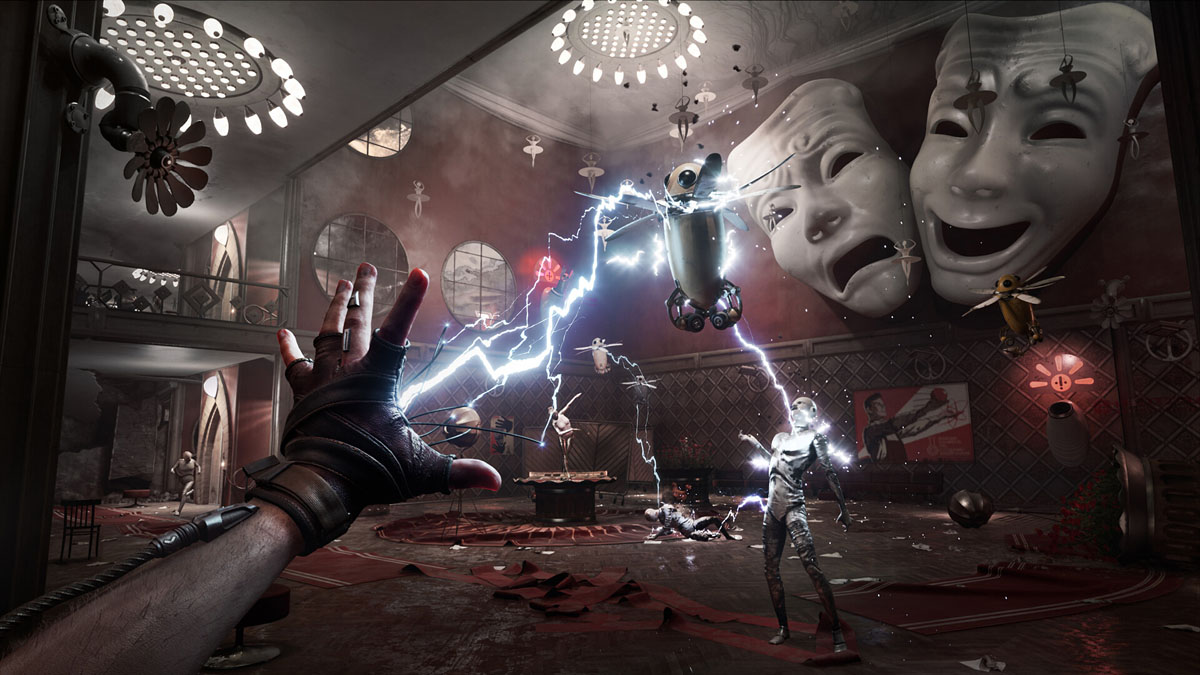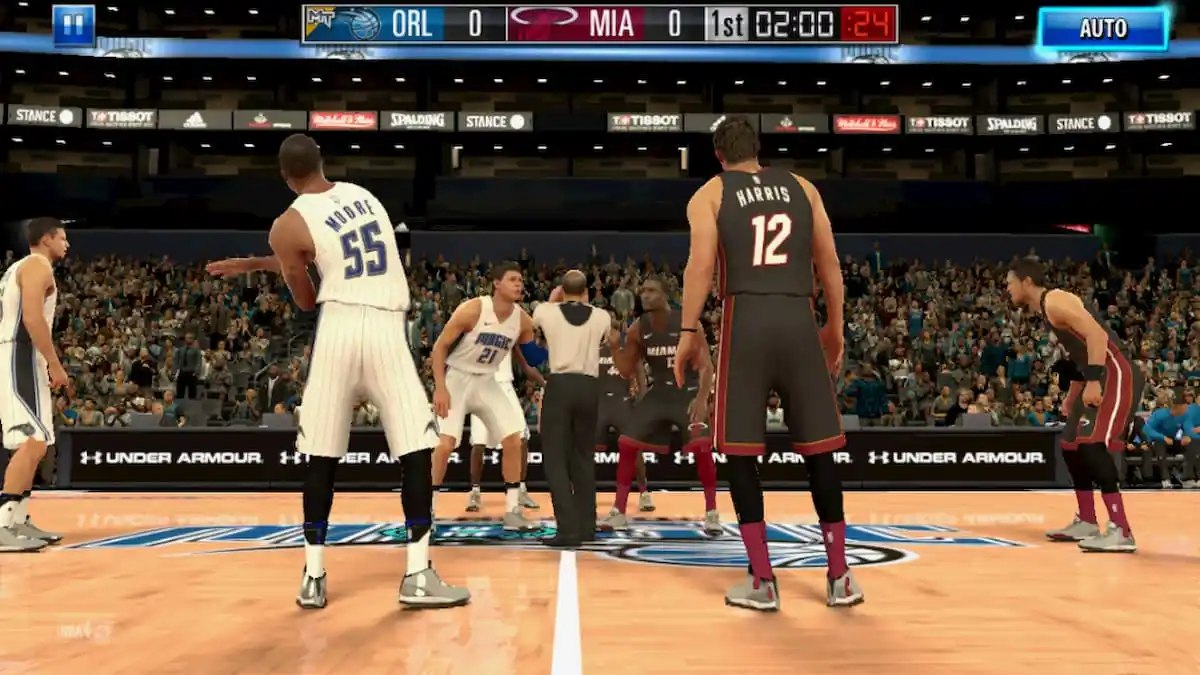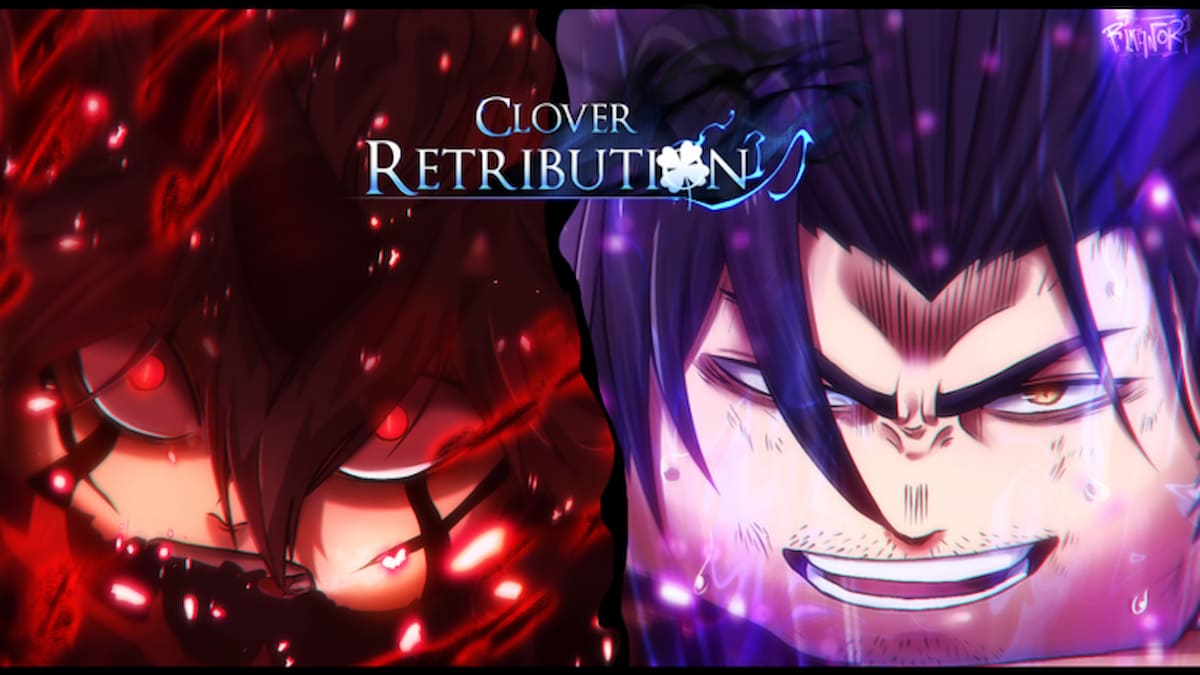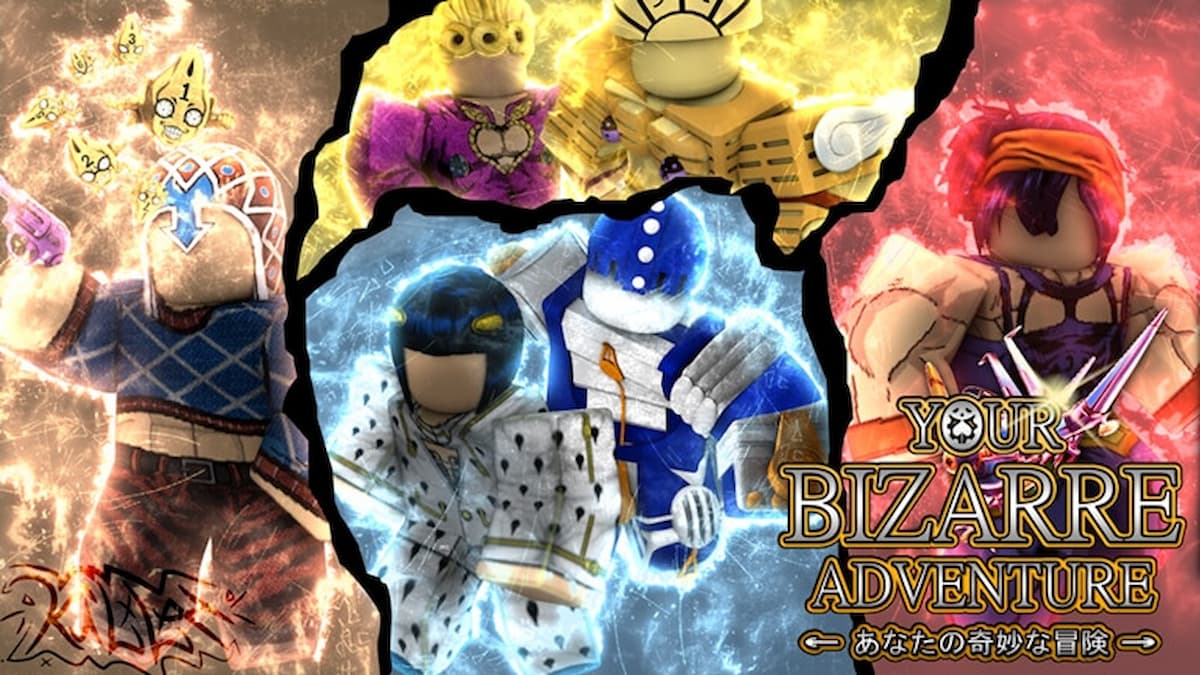Coming out on February 21, Atomic Heart is a Soviet-inspired game reminiscent of Bioshock or Dishonored. Instead of retro America or England, though, Atomic Heart is a science fiction version of the former Soviet Union, where you play a secret agent from this alternate future. Announced in 2018, Atomic Heart and its creators Mundfish made a big name when they dropped a visually-stunning trailer. However, the game faces heated controversy because of more current events.
In 2022, Russia escalated its war on Ukraine under the guise of the “reunification” of nations previously part of the Soviet Union. Since Russia began its aggressive assault, thousands of Ukrainians have died. Because of their game’s roots in Russian history and the Soviet Union, Atomic Heart has become steeped in controversy over how the game represents Russian history. Hopeful players and critics alike have questioned if it glorifies the Soviet Union’s past, glamorizes the infamous KGB, and whether or not the game helps platform an uncomfortably supportive perspective on Russia’s current actions.
Related: When is the exact release time for Atomic Heart? Answered
Mundfish’s Controversial Reaction to Russia’s War in Ukraine
Mundfish as a company has tried to distance itself from the conflict, relocating to Croatia since Russia’s assault worsened and trying to play up the anti-war stance of their game. They’ve also publicly insisted their game has absolutely no Russian investors, and it’s worth mentioning that one of the game’s composers, Mick Gordon, has chosen to donate his composer’s fee to aid Ukraine. However, many fans have been dissatisfied with Mundfish’s otherwise very vague public statements about Russia and the war.
There are a few possible ways to interpret Mundfish’s disinterest in taking a hard stance. They could either be Russian-sympathizing, choosing vague language to avoid backlash. On the flip side, they could also be afraid of Russia’s reaction if they openly opposed the country’s current militaristic actions. While the company itself has relocated, many of its team members are Russian and could fear the consequences of denouncing their country of origin. A third option could just be about marketing and metrics. Trying to take a very middle-ground stance would help them avoid insulting any of their demographics, Russian, American, and the rest of the globe included. After all, Atomic Heart will be distributed globally, including inside Russia, which has very strict censorship laws.
The Boycott of Atomic Heart
Whichever way you look at it, it’s a complicated situation that understandably has a lot of people concerned, hurt, and buzzing. Many gamers have simply decided to boycott the game entirely. In a world where Russia is actively trying to reunify its idea of the Soviet Union, some people simply do not feel comfortable buying a game where the Soviet Union is the future.







Published: Feb 17, 2023 12:47 pm